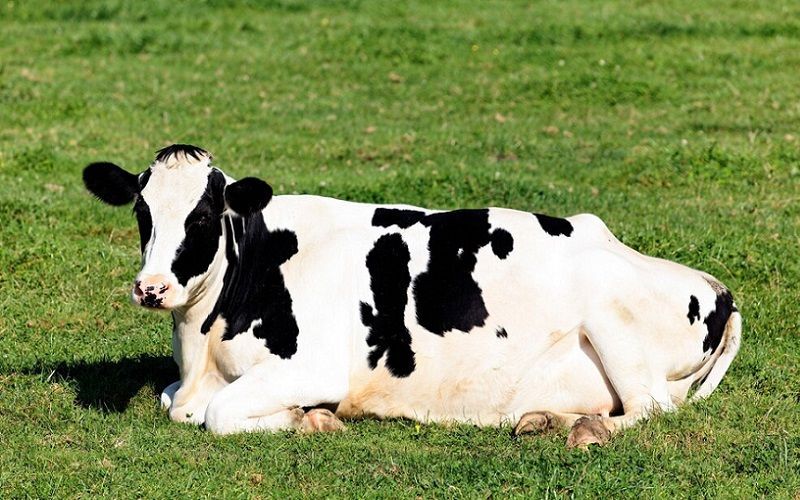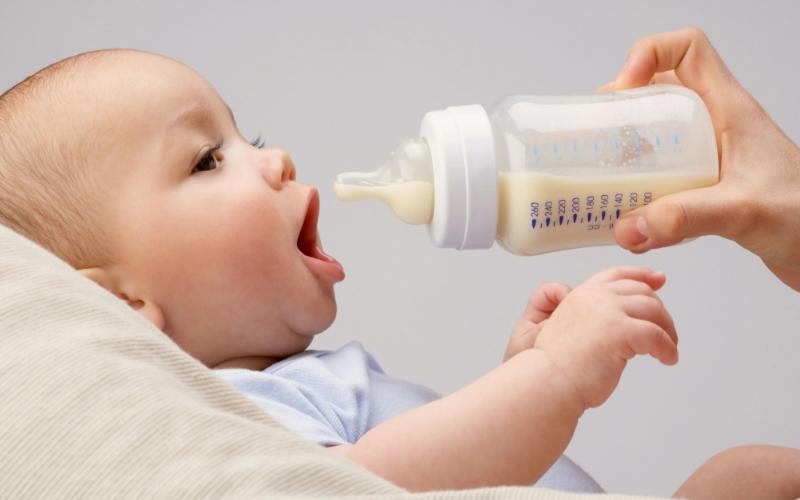Kansas Implements New Regulations for Dairy Cattle Movement Amid H5N1 Concerns
In response to the ongoing threat of H5N1 influenza A virus affecting multiple dairy farms across eight states, Kansas state and federal authorities have introduced stringent measures affecting the movement of lactating dairy cattle within and into the state.

As of April 22, Kansas Animal Health Commissioner Dr. Justin Smith issued an order mandating special permits for the transportation of lactating dairy cattle.
Subsequently, on April 24, the USDA Animal and Plant Health Inspection Service announced a federal order necessitating mandatory testing for interstate movement of dairy cattle, along with mandatory reporting of any positive test results.
Under the Kansas movement permitting order, all lactating dairy cattle intended for breeding and/or milking purposes must now possess a certificate of veterinary inspection (CVI) and a pre-movement permit when entering or moving within Kansas. Exceptions are granted only for cattle moving directly to slaughter.
Veterinarians issuing CVIs are required to confirm that the premises of origin have not exhibited H5N1-consistent clinical signs in the preceding 30 days. If unable to affirm this statement, a Kansas Department of Agriculture veterinarian will evaluate the movement risk, potentially requiring "non-detected test results" for H5N1 influenza A virus.
The order also applies to lactating cows moving between different locations under the same ownership.
Dr. Smith emphasizes the importance of timing in dry cow movements, stating that milk secretion is a concern for virus exposure. Therefore, even cows in the drying-off phase but still secreting milk must move under a CVI and permit, including those destined for sale barns.
While current data suggests the virus may dissipate from milk within 21 to 30 days post-clinical signs, Dr. Smith acknowledges the evolving nature of this information and anticipates a reevaluation of the order based on epidemiological and testing data.
Dr. Smith expresses hope for a swift resolution but underscores the necessity of the order until Kansas dairies are no longer impacted and sufficient information is gathered to characterize the virus and its transmission routes effectively.
Subsequently, on April 24, the USDA Animal and Plant Health Inspection Service announced a federal order necessitating mandatory testing for interstate movement of dairy cattle, along with mandatory reporting of any positive test results.
Under the Kansas movement permitting order, all lactating dairy cattle intended for breeding and/or milking purposes must now possess a certificate of veterinary inspection (CVI) and a pre-movement permit when entering or moving within Kansas. Exceptions are granted only for cattle moving directly to slaughter.
Veterinarians issuing CVIs are required to confirm that the premises of origin have not exhibited H5N1-consistent clinical signs in the preceding 30 days. If unable to affirm this statement, a Kansas Department of Agriculture veterinarian will evaluate the movement risk, potentially requiring "non-detected test results" for H5N1 influenza A virus.
The order also applies to lactating cows moving between different locations under the same ownership.
Dr. Smith emphasizes the importance of timing in dry cow movements, stating that milk secretion is a concern for virus exposure. Therefore, even cows in the drying-off phase but still secreting milk must move under a CVI and permit, including those destined for sale barns.
While current data suggests the virus may dissipate from milk within 21 to 30 days post-clinical signs, Dr. Smith acknowledges the evolving nature of this information and anticipates a reevaluation of the order based on epidemiological and testing data.
Dr. Smith expresses hope for a swift resolution but underscores the necessity of the order until Kansas dairies are no longer impacted and sufficient information is gathered to characterize the virus and its transmission routes effectively.










